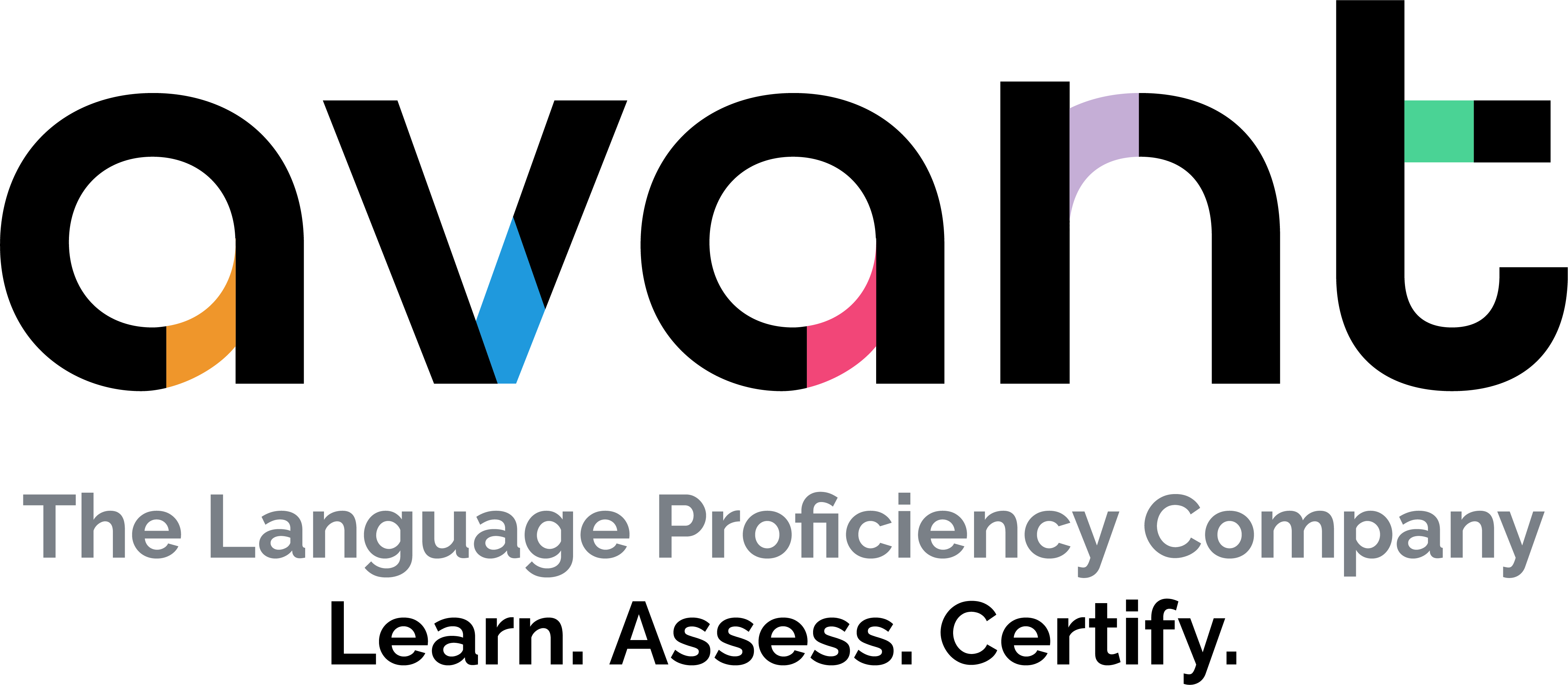Dive Brief:
- Classrooms are seeing an uptick in globally focused lessons with student demographics becoming increasingly diverse, and with that shift comes an increase in programs and professional development opportunities that help educators thoughtfully teach about different cultures.
- Take, for example, Columbia University's Teachers College, which is now offering a 15-month, graduate-level Global Competence Certificate, to help educators meet the needs of their increasingly diverse classrooms.
- In 2011 the U.S. State Department began funding Teachers for Global Classrooms, a yearlong fellowship where teachers complete online coursework and also travel to foreign countries for two to three weeks.
Dive Insight:
Similar to the Teachers for Global Classrooms program, Columbia's Global Competence Certification also allows educators to travel. In that program, participants may go to Ecuador, Uganda, or Colombia for three weeks to complete field work that complements the 10 online courses on economic globalization, politics, social movements, and urbanization that they are also taking.
For those thinking of becoming educators, some of the new teaching graduate programs, like those at Michigan State University and the University of Wisconsin-Madison, have incorporated global competency courses into their curriculum so educators don't need to seek out the opportunities further down the line.
Meeting students where they are and respecting and honoring who they are, as well as their culture, is critical for creating a positive learning environment.











